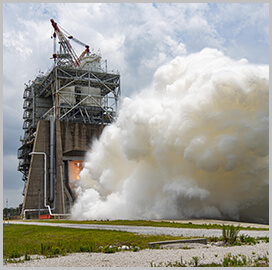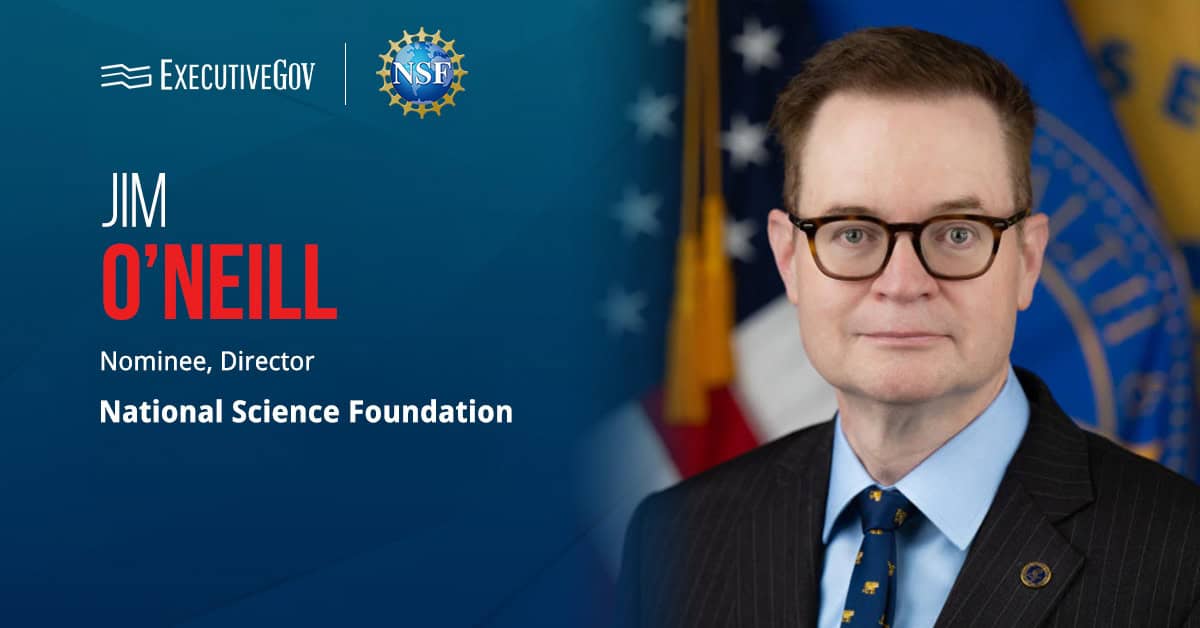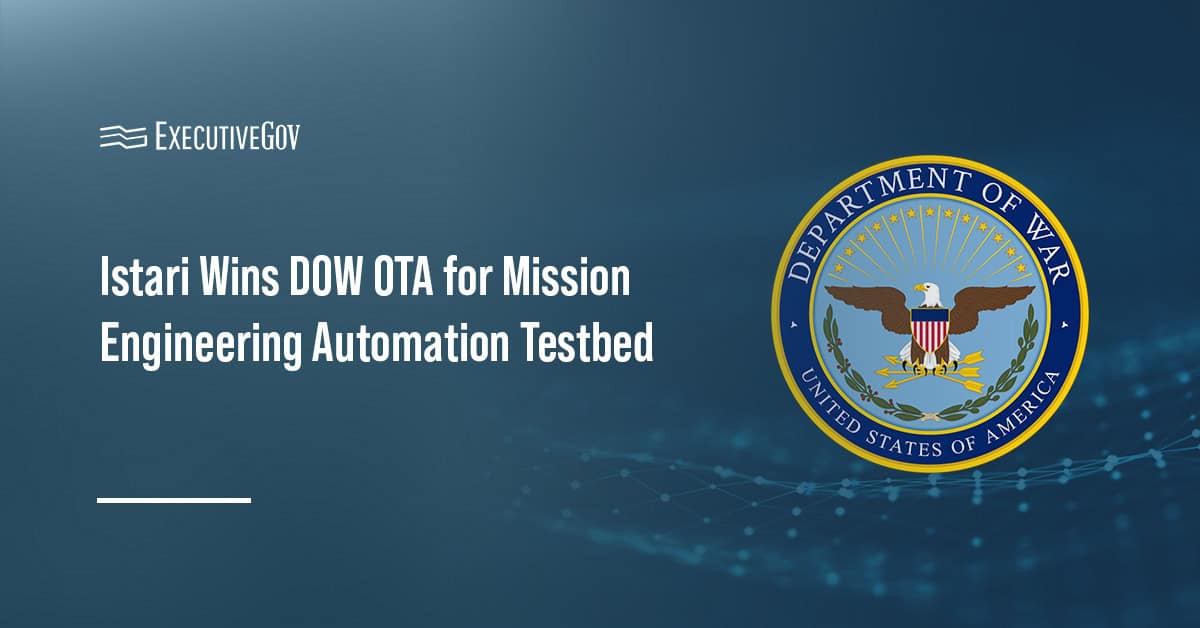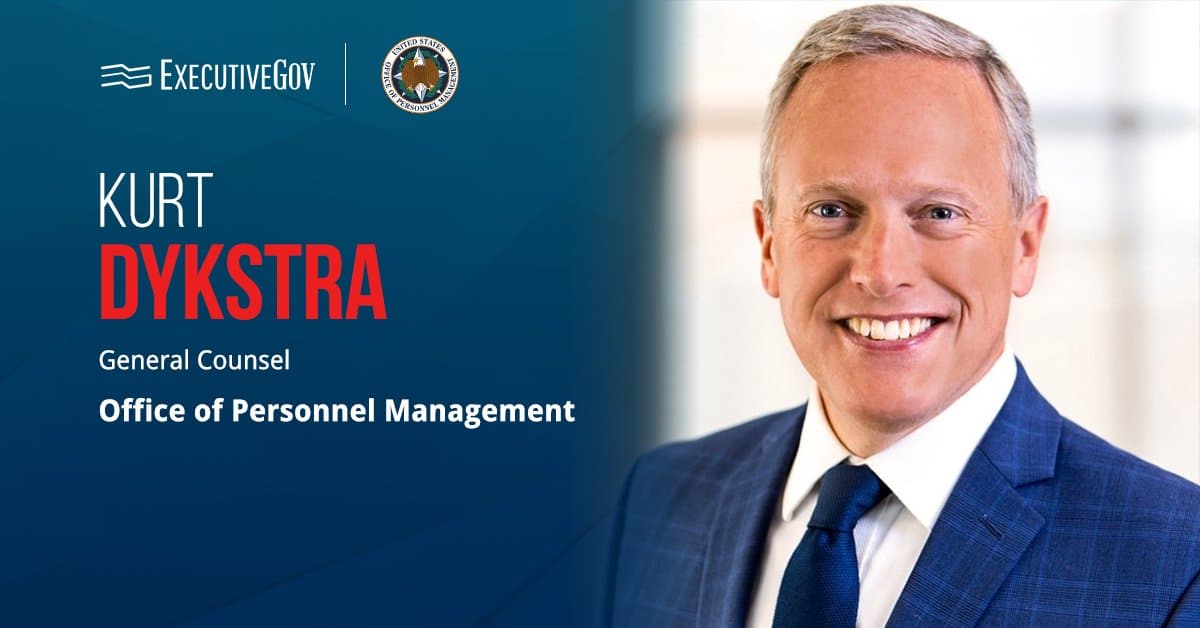NASA conducted a hot fire test of an updated version of the Aerojet Rocketdyne-built RS-25 engine on Oct. 17 at the Stennis Space Center’s Fred Haise Test Stand.
The event marks the first of 12 hot fires comprising the final certification testing phase of the new rocket engine, a new set of which will power the Space Launch System, a.k.a. SLS, beginning with the fifth mission under the Artemis lunar exploration program, NASA said Wednesday.
The test series, which is expected to be carried out through 2024, aims to gather information regarding the performance of new components.
The recent test saw the RS-25 fired up for 550 seconds — longer than during an actual mission — at 111 percent of the power required to launch the SLS.





